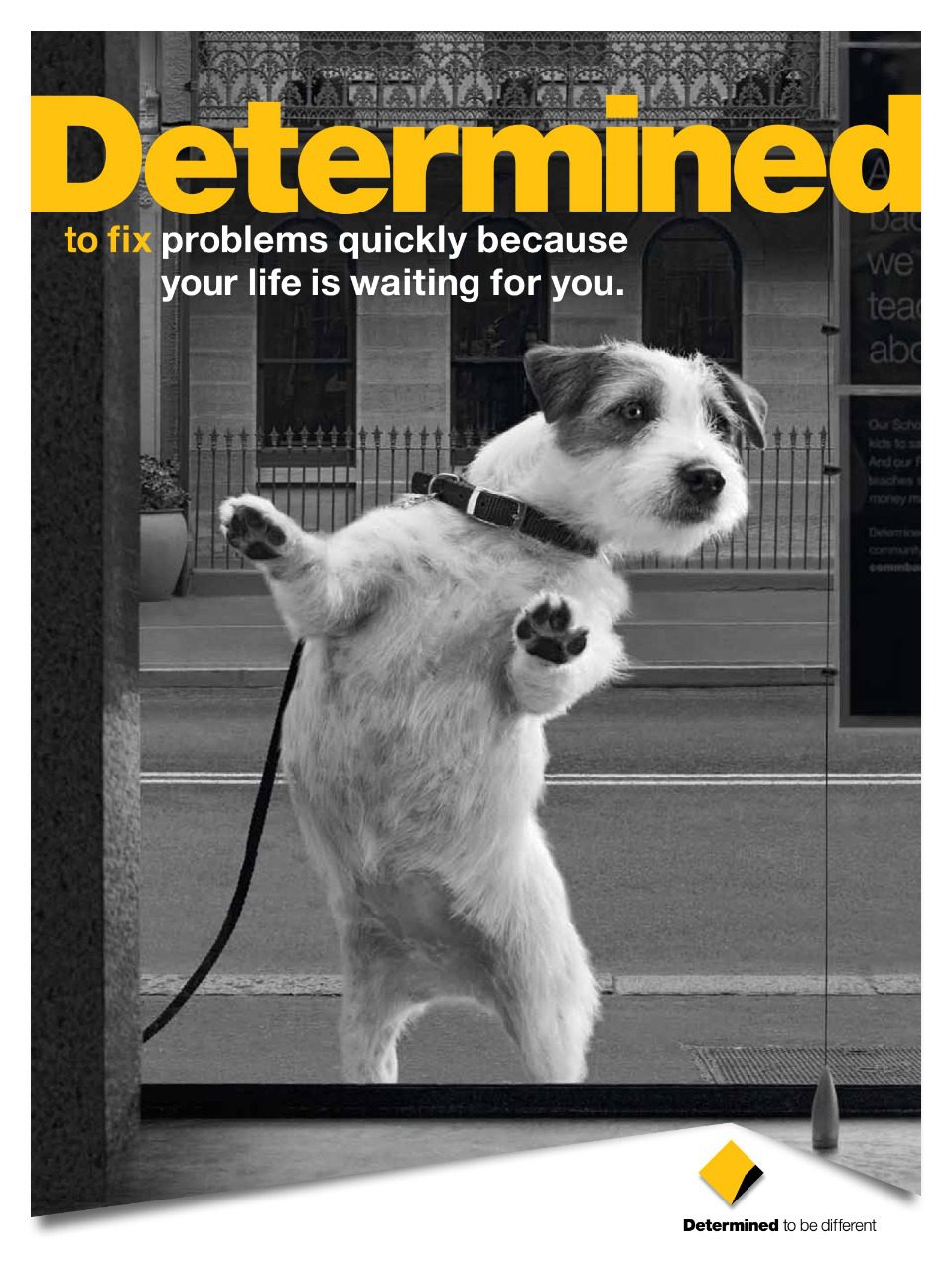Growth is expected to remain robust as interest rate hikes are yet to slow momentum in the Australian economy.
The Australian Bureau of Statistics will release gross domestic product figures on Wednesday.
Treasurer Jim Chalmers said the backwards-looking indicator would capture some of the uncertainty in the global economy, but not all of it.
“When it comes to the decisions taken independently by the Reserve Bank to jack up interest rates, the impact on people is immediate but the impact on the economy typically takes some months,” he told Seven News on Wednesday.
“And so there is still a bit of uncertainty when the full impact of these rate rises will kick in on the economy.”
Shadow treasurer Angus Taylor said the government missed its opportunity to take the pressure off interest rates in the October budget.
“We’ve had senior labour economists say that it’s left the Reserve Bank carrying the can and they’re carrying a very heavy can on this one,” he told reporters in Canberra.
“That’s a disappointment.”
Forecasters have locked in their GDP predictions as the final data inputs needed to calculate GDP were released on Tuesday, with the market expecting September quarter growth of 0.6 per cent.
Annual growth is expected to surge by more than six per cent from the low base in the third quarter of 2021 caused by lockdowns.
NAB economists upgraded their prediction off the back of lower-than-expected net exports data that is tipped to subtract 0.2 percentage points from growth in the third quarter.
Along with positive signs of consumption growth in business indicator data released on Monday, the bank’s economists now expect a 0.8 per cent quarterly lift in GDP, up from 0.6 per cent.
“Looking forward, we expect growth to slow as the rebound effect from the pandemic fades and the cumulative weight of high inflation, higher interest rates and declining households weighs on household spending,” NAB economist Taylor Nugent said.
National account figures follow the eighth consecutive rate hike in a row on Tuesday.
NAB, ANZ and Westpac have already passed on the interest rate hike to mortgage holders in full, with the other big banks expected to follow suit.
The RBA has been lifting interest rates since May in a bid to slow down inflation.
Elsewhere, the jobs market appears to be settling back into normal seasonal patterns according to the latest jobs data from SEEK.
National job ads fell 4.9 per cent over the month of August and 8.2 per cent over 12 months.
The sharp annual decline was from a high base, however, with employers recruiting at volume after lockdowns in the larger states.
SEEK managing director Kendra Banks said it wasn’t unusual for hiring activity to quieten down in the lead up to Christmas.
“After two years of holiday seasons and hiring impacted by COVID-19, this year appears to have returned to a more normal seasonal pattern, where job advertising slows from October to November,” she said.
Tourism and hospitality jobs saw the steepest monthly decline, with job volumes sliding 13.5 per cent.
After four consecutive months of applications per job lifting, this figure dropped 1.1 per cent in November
But Ms Banks said applications per job increased in quite a few industries, especially the ones that saw sharper declines, including hospitality and tourism, administration and office support and sales.
– AAP
The post Rate rises fail to put brakes on economy appeared first on The New Daily.
















